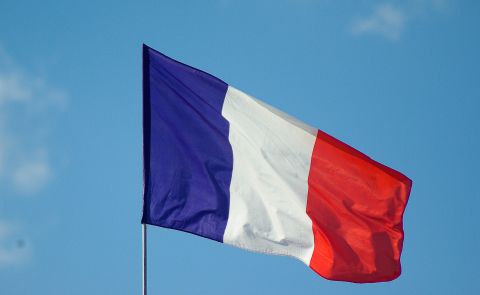
Nagorno-Karabakh conflict: crisis of diplomacy, saber rattling of the military
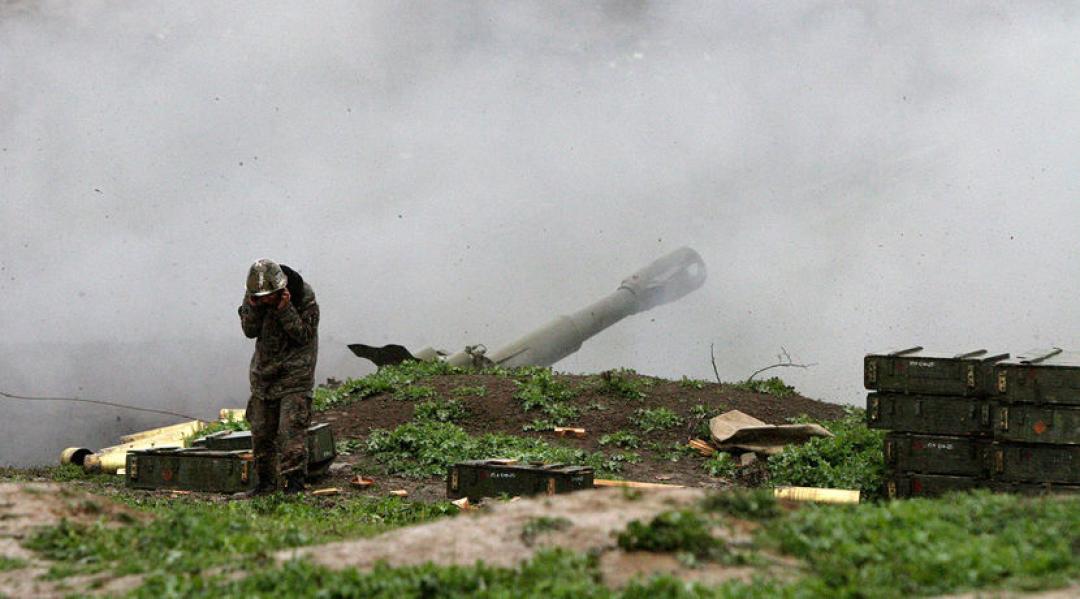
In recent days, the situation around the unresolved Armenian-Azerbaijani Nagorno-Karabakh conflict has repeatedly worsened. Signs of growing tension are clearly evident both in the diplomatic rhetoric of the two conflicting parties and in the situation at the frontline.
The Armenian Foreign Minister, Sohrab Mnatsakanyan, said at a meeting with his Uruguayan counterpart on 14 August that he had "nothing to add" to Prime Minister Nikol Pashinyan's recent statement on Armenia's position in the Nagorno-Karabakh conflict.
During his visit to the conflict region on 5 August, the Armenian head of state declared that Nagorno-Karabakh was an integral part of Armenia (Caucasus Watch reported). These comments were heavily criticized by the Azerbaijani Foreign Ministry and described as a "self-exposition of the occupation policy" of Armenia. Consequently, there has been a verbal exchange between the foreign ministries of Armenia and Azerbaijan. The press secretary of the Azerbaijani Foreign Ministry resumed on 14 August, saying that Pashinyan’s statement was considered as "crossing the red line" by Baku.
In addition, the Azerbaijani community of Nagorno-Karabakh addressed a letter to the OSCE Minsk Group, which deals with conflict resolution. The letter emphasizes that the statements made by the Armenian Prime Minister are jeopardizing the entire negotiation process.
In Armenia itself, the words of Pashinyan received mixed responses. At the expert level it is discussed whether such explanations contradict the previous Armenian position, according to which Nagorno Karabakh is an independent state. "What I do not understand is how Pashinyan wants to explain his insistence on Nagorno-Karabakh's return to the negotiating table, as he can not reconcile this with his contemporaneous claim that Nagorno-Karabakh is part of Armenia," wrote Russian BBC journalist Grigor Atanesyan on Twitter. "If that's a strategy to trick Baku, it will not work."
The worrying diplomatic trends are also causing tensions on the ceasefire line and along the Armenian-Azerbaijani border. On 12 August, an Armenian soldier was arrested under unclear circumstances by the Azerbaijani military. While the Azerbaijani Ministry of Defense claims that the soldier has deserted his unit because he was abused there, the Armenian side stated that they were still investigating the case. "I personally believe that [the Armenian soldier] just got lost. I am convinced of that," said Armenian Defense Minister Tonoyan.
On 13 August, several Azerbaijani media outlets reported that the Azerbaijani units of the border patrol service in the Gazakh region on the border with Armenia had "liberated strategic heights from the Armenian occupation." On the same day it was announced that an Armenian soldier was injured in the Armenian border area of Tavush. The information on the shift on the border in favor of Azerbaijan was confirmed on 14 August by the executive secretary of the Azerbaijani ruling party. The press secretary of the Armenian Ministry of Defense said that these were "routine" tactical shifts and warned Azerbaijan "to not continue behaving in such a way" as this could lead to certain "surprises".
The Armenian-Azerbaijani conflict over the Nagorno-Karabakh region is considered to be one of the most complex and deadly in the post-Soviet space. Under international law, the region belongs to Azerbaijan, de facto it is occupied by Armenian troops. In the course of the bloody conflict in the 90s, a total of 30,000 people were killed and hundreds of thousands became refugees. The Azerbaijani people from the area were completely expelled. In addition to Nagorno Karabakh itself, seven other areas of Azerbaijan were occupied.
Despite the efforts of the international community, represented by the OSCE Minsk Group as a conflict mediator, the parties to the conflict are making little headway in the slow-moving negotiations. The co-chairs of the Minsk Group are Russia, France and the USA. Russia is considered to be the most important player in resolving the conflict. Moscow has enormous influence in the South Caucasus, especially in Armenia: There is a 5,000-strong military base stationed there, also the borders of Armenia to Turkey and Iran are protected by Russian troops. At the same time, Moscow benefits from arms sales to the two conflict-parties. At the ceasefire line between the Azerbaijani and Armenian troops there are regular firefights with fatalities. The situation had recently come to a head in April 2016. At that time, hundreds of soldiers were killed on both sides as a result of three days of heavy fighting.
Author: B.Markovic, MA (Peace and Conflict Studies).
See Also

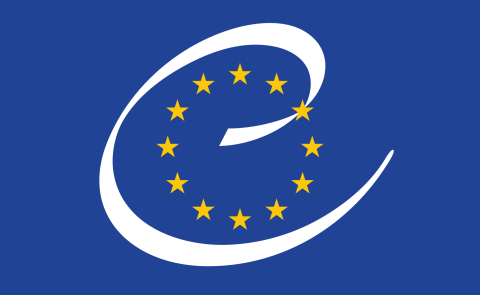
Armenia Strengthens Ties with Council of Europe
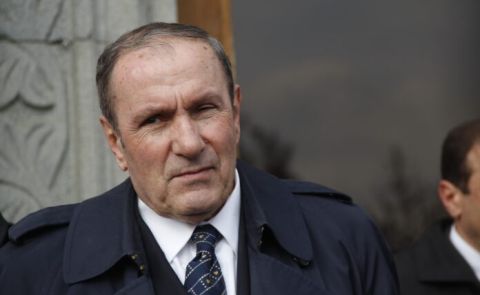
Former Armenian President Labels Pashinyan a Traitor and Blasphemer
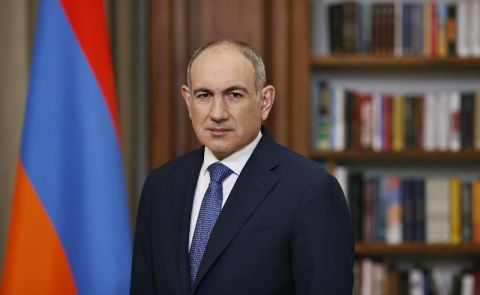
Pashinyan Addresses Key Issues on Church, National Future, and Fund Allegations
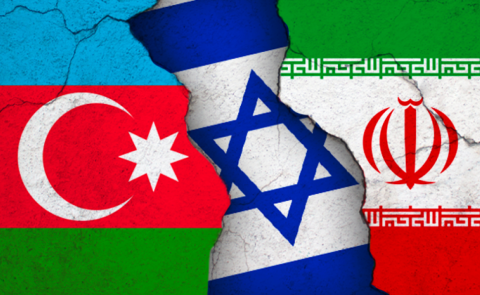
Azerbaijan Calls for 'Dialogue and Diplomatic Resolution' Between Israel and Iran
